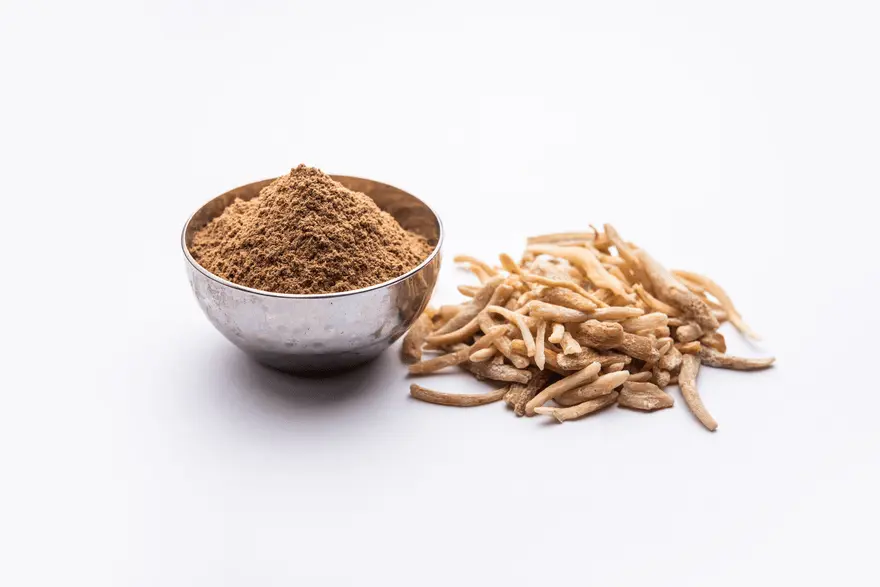Preventive Healthcare
Toxemia: What is It, How is It Treated and Other Concerns
17468 Views
0

What is Toxemia?
Toxemia of pregnancy or pre-eclampsia is a state of pregnancy-induced or pregnancy-associated hypertension that results in high blood pressure. Pre-eclampsia was formerly called pregnancy toxemia or just toxemia.
Toxemia can cause further issues by damaging one or more internal organs. For instance, it could lead to high protein levels in the urine, indicative of kidney damage.
Toxemia of pregnancy usually develops after 20 weeks of pregnancy. In some cases, it is seen after the delivery of the child, known as postpartum pre-eclampsia. Pregnancy toxemia can develop during the second half of the pregnancy, during labor, or even up to six weeks before delivery.
What Causes Pregnancy Toxemia?
Toxemia of pregnancy does not have a singular cause. But there are a variety of reasons suspected to cause pre-eclampsia. The concept most commonly agreed upon involves abnormalities in the placenta.
The placenta is the connecting organ that provides oxygen and nutrients to the developing baby. In toxemia, the placenta's blood vessels do not develop entirely or do not function properly. This affects the blood flow through the placenta and the mother's blood pressure.
Some other causes or risk factors of pregnancy toxemia include:
- Having a previous personal or family history of pre-eclampsia or pregnancy toxemia
- Presence of diabetes or chronic kidney disease
- Pregnant individuals who may be overweight or have multiple gestations (carrying multiple fetuses)
- Family history of high blood pressure
- Compromised placental development due to damaged blood vessels and blood flow
- Diseases of the immune system that cause damage to blood vessels
- Being between the ages of 35 and 40
- Having a gap of more than 10 years between pregnancies
What are Some Symptoms of Pregnancy Toxemia?
The telltale toxemia symptoms to look out for are high blood pressure, proteinuria, and damage to any internal organs.
These are the first signs, along with other symptoms such as:
- Decreased level of platelets in the blood (thrombocytopenia)
- Blood pressure greater than 140/90 mmHg
- Proteinuria that leads to kidney damage due to excess protein
- Blurred vision or light sensitivity
- Pain in the upper abdomen, below the ribs, followed by vomiting and nausea
- Increased liver enzymes, which may indicate damage to the liver
- Severe headaches
- Sudden weight gain or a swollen face
- HELLP syndrome is characterised by the destruction of red blood cells, elevated liver enzymes, and low platelet count
The symptoms of pregnancy toxemia may differ between individuals. Some may see the onset of symptoms to the point of hospitalisation; for some, it may not be severe. These symptoms are dangerous for the pregnant individual as well as the unborn child.
Severe complications may include excessive bleeding, damage to internal organs, and, in some cases, a stroke or heart attack. By separating the placenta from the uterine wall, it may also cause complications. This can cause a lack of oxygen and nutrients for the fetus, leading to damage to the growth and even premature birth.
For a pregnant individual, the severity of symptoms may cause a coma or seizures. Even post-recovery, there is a small risk of brain damage or disability.
Diagnosis of Pregnancy Toxemia
Toxemia is usually diagnosed during routine blood pressure check-ups or urine tests.
The doctor will note any family history indicative of a risk factor for pre-eclampsia and suggest further assessment or testing.
The tests include blood tests (for kidney function and to indicate thrombocytopenia), urine tests (to detect proteinuria), and ultrasound scans to check the blood flow, growth, and amniotic fluid around the child.
The diagnosis is based on the lab values and pre-existing symptoms or risk factors for pre-eclampsia. For early diagnosis, prevention, and treatment of symptoms, it's best to have regular appointments with the doctor, especially around and after week 20.
Treatment and Management of Pregnancy Toxemia
Depending on the stage of pregnancy and the severity of complications, toxemia can be treated through:
- Blood pressure medications such as nifedipine
- Intravenous steroids to help mature the baby's lungs and improve liver function
- Bedrest to reduce stress for toxemia cases before week 20
- Blood transfusions for low blood count
- Pain-relieving medications for other symptoms
- Immediately delivering the baby post-week 20
The symptoms gradually resolve postpartum. In the event of any recurrence, patients are advised to consult the doctor.
You must avoid drugs and alcohol during treatment to manage and recover from toxemia. You should take medicine on time, sleep well, eat a nutritious meal, monitor symptoms, and visit the doctor regularly.
Prevention of Toxemia
Maintaining regular doctor appointments for early diagnosis is the primary prevention method for toxemia. It can be prevented by managing pre-existing conditions that may contribute to developing pre-eclampsia. To reduce risk, low-dose aspirin may be recommended, along with a nutritious diet, exercise, and even calcium supplements in some cases.
Hence, pregnancy toxemia must be addressed as soon as possible, given its harmful effects on the pregnant individual or child. If the baby's delivery is close, the doctor may induce labor. If not, treatment and management of the symptoms of toxemia are recommended.























 WhatsApp
WhatsApp